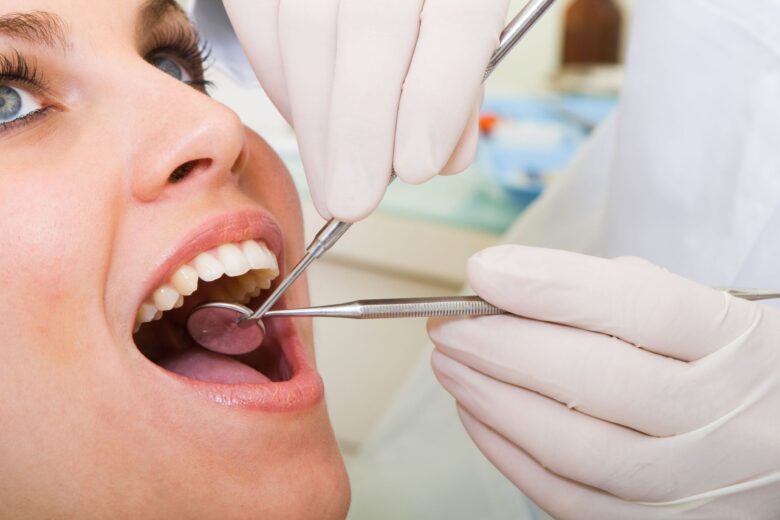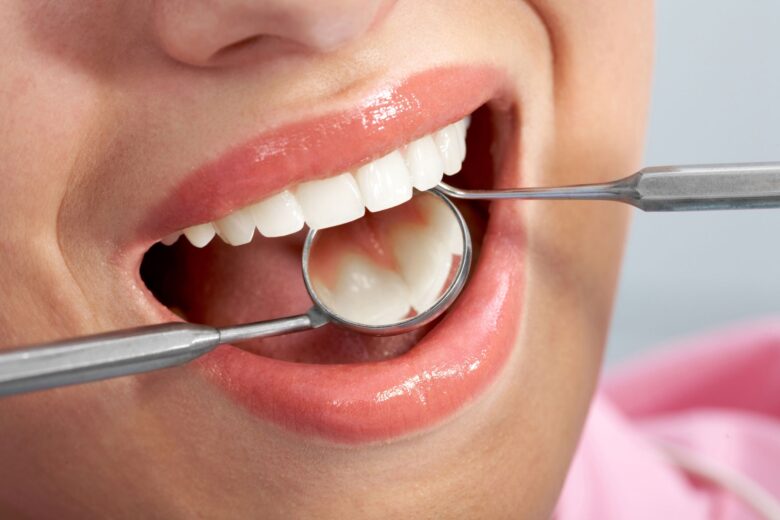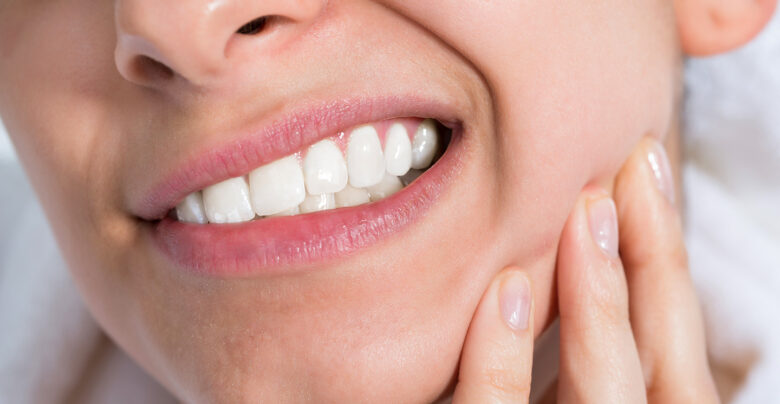Tooth sensitivity refers to a sudden sharp pain in the teeth and gums that may feel like a severe nerve sting. The Journal of the American Dental Association claims that around 1 in 8 persons suffer from tooth sensitivity issues, ranging from mild to severe levels. Though the problem usually gets triggered when you consume sweets and extra cold or hot foods and beverages, the stimulants may vary from person to person. However, there are many effective medical treatment options and home remedies that can significantly reduce painful sensitivity and tooth infections.
There is no single treatment that works best for all. Hence, you might want to be aware of all the available options and then decide how you want to proceed. Let’s have a look at the best treatment options and home remedies to help ease tooth discomfort.
Contents
Effective Dental Procedures for Tooth Sensitivity

- Source: simplysmilesdentistry.com
Dental Sealants
Want to prevent grooves of your teeth from cavities? Dental Sealant treatment can be one of the best treatment options. Glen Lake, a renowned family dentist in Minnetonka, recommend applying sealants on the back teeth since they have a higher risk of developing cavities. With the help of a thin resin coating on the vulnerable areas, sealants may help protect the teeth for about 6-10 years. This procedure may also prevent tooth decay by blocking the direct contact of oral bacteria with the exposed teeth surfaces.
Surgical Gum Graft
Surgical Gum Graft or Periodontal Plastic Surgery is performed in case of severe gum recession. The process involves taking a small tissue from any area inside the mouth and using it to replace and cover the infected gum. This therapy not only reduces dental hypersensitivity but also improves gum health for a longer time.
Root Canal
You may also consider a root canal for treating tooth sensitivity, pain, and recurring infections. During this procedure, the dentist removes all the infected pulp from the affected tooth and deep nerves which provides significant relief from swelling and pain. Later, the inside surfaces are disinfected to prevent further enamel erosion and gum decay.
Cavity Filling

- Source: fisherpointedental.com
Another common yet effective cure for increased tooth sensitivity caused by tooth decay is cavity filling. The decayed tooth parts are removed using a drill or laser during the procedure. Next, the area is filled with ceramic or metal fillings depending on cost affordability and specific conditions. After a cavity-filling procedure, the patient usually gets rid of sensitivity to cold and hot stimuli quickly.
High Fluoride Treatments
If the root cause of your tooth sensitivity is constant enamel erosion, your dentists may recommend a fluoride treatment course. Fluoride can help rebuild lost enamel and shield nerve endings as well as prevent cavities. Different high-fluoride treatments include mouthwash, toothpaste, as well as high-fluoride gel and varnish that your dentist may apply to your teeth in case of severe sensitization.
Home Remedies for Relieving Painful Tooth Sensation

- Source: wesleydentistry.com
- Rinse Mouth with Salt Water: Being a natural antiseptic and anti-inflammatory compound, gargling with salt water is highly effective in reducing tooth sensitivity and pain. For quick healing, take lukewarm water and mix half a teaspoon of salt in it. Rinse and gargle your mouth 2 or 3 times daily, depending on the severity of the toothache.
- Use Baking Soda for Sensitive Teeth: Interestingly, baking soda can help prevent gum diseases, balance the amount of acid in your mouth, and keep your teeth from hypersensitivity.
- Try Desensitizing Toothpaste: It shields the nerve endings and renders them insensible for a short duration. Consequently, the affected area becomes numb for some time, providing quick relief from hypersensitivity.
- Apply Garlic Clove on the Sensitive Area: Garlic contains antioxidant and therapeutic properties that may help reduce swelling of gums and dental hypersensitivity. To ease extreme tooth pain, take some garlic cloves and grind them to make a fine powder. Apply it directly to aching teeth or inflamed gums, or use it after mixing with salt to increase its effectiveness.
- Use a Soft-bristled Toothbrush: Stiff-bristled toothbrush may damage the enamel, leading to tooth decay and hypersensitivity. Additionally, they might exacerbate gum recession, leading to exposed dentin and irritated sensitive nerves. Therefore, use a toothbrush with soft bristles and ensure gentle brushing to keep your teeth and gums healthy.
- Disinfect your Mouth with Hydrogen Peroxide: Hydrogen peroxide is an effective antiseptic that helps sterilize minor wounds and burns. Using it as a mouth rinse can greatly treat recurring gum infectivity and inflammation. Take an equal quantity of hydrogen peroxide and lukewarm water, and rinse your mouth with it. In the end, ensure rinsing your mouth with plain water to clear the residual mixture.
- Apply Turmeric Paste: Curcumin is a natural antimicrobial and anti-inflammatory compound present in turmeric. Gently rub powdered turmeric on your teeth or make a paste using turmeric, salt, and mustard oil to relieve pain from sensitive teeth. Apply it to sensitive gums and teeth twice a day for quick pain relief.

- Source: northgatedental.com
Tooth sensitivity is a common issue amongst many and it is not something you take lightly. You can try the home remedies listed above but if it does not make your condition any better, it is best to head to a dentist for a procedure. The dental procedures can offer an effective and long-term solution to your problem. Remember, these home treatments might not work for everyone, so, that should not be considered as the only and effective solution to the problem. A professional will be able to identify the root cause of the problem and will offer a solution accordingly.
In order to prevent this from recurring, you must brush your teeth twice everyday using a soft toothbrush and a fluoride toothpaste. Do not be vigorous when brushing and use very gentle strokes. If you have a habit of teeth grinding, you need to speak to the dentist about using a mouth guard because teeth grinding can fracture teeth and also cause high sensitivity. Even if you take a treatment, be careful when drinking or eating acidic drinks since it can remove the tooth enamel from your teeth over time.
